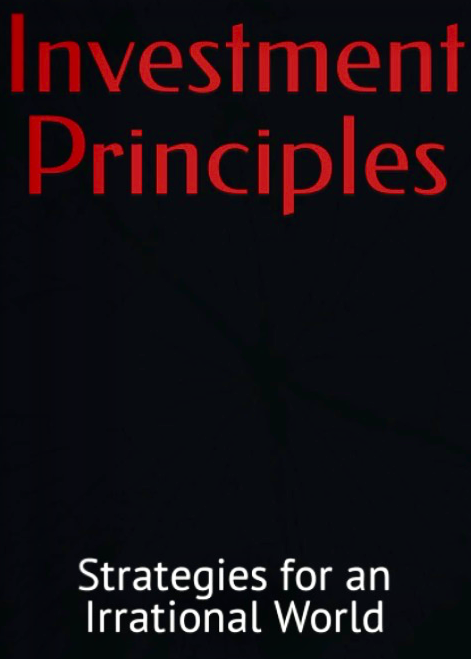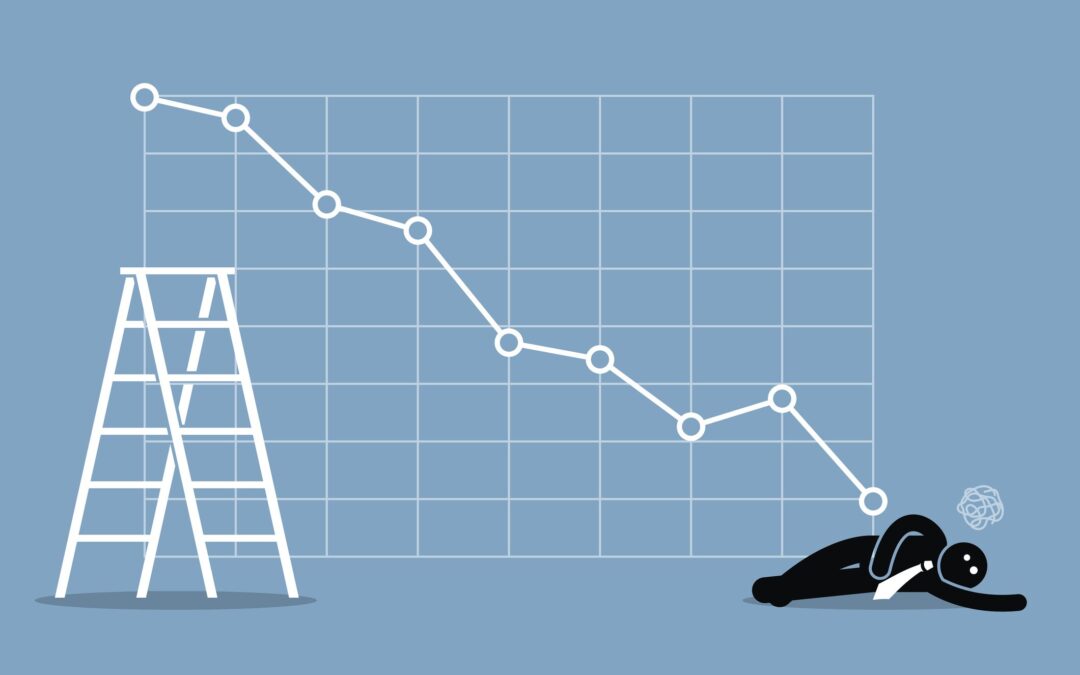
by Nicholas Mitsakos | Book Chapter, Digital Assets, Investment Principles, Technology, Transformative businesses, Writing and Podcasts
Every industry consolidates to a handful of centralized competitors. That will never change regardless of current dreams of decentralization from Web 3.0. Modern computing is a constant struggle between decentralization and centralization. Centralization wins eventually, and it will again. These dynamics, combined with the latest crash that may cool investors’ appetite for all things crypto, suggest that Web 3.0 will not dislodge Web 2.0. Instead, the future may belong to a mix of the two, with Web 3.0 occupying certain niches. Whether or not people keep splurging on NFTs, such tokens make a lot of sense in the metaverse, where they could be used to track ownership of digital objects and move them from one virtual world to another. Web 3.0 may also play a role in the creator economy, assuring intellectual property ownership. NFTs make it easier for creators of online content to make money. In this limited way, at least, even the masters of Web 2.0 see the writing on the wall: on January 20th both Meta and Twitter integrated NFTs into their platforms.

by Nicholas Mitsakos | Book Chapter, Investment Principles, Writing and Podcasts
My new book, “Investment Principles: Strategies for an Irrational World” (Amazon link: Investment Principles: Strategies for an Irrational World.) looks at what’s really required for successful investing. While most authors try to give quick and effortless tips, I believe that a disciplined and methodical approach to investing is essential for true success. This means analytical work and an understanding that goes far beyond a simple summary description.
Successful investing requires understanding global economics, competitive, corporate, and micro-level analysis, game theory, and human emotions and behavior. That’s a lot to understand all at once but can be approached by segmenting each of these complex topics, giving sufficient depth to understand what is fundamentally going on in each area, and then, most valuably, show how these areas interact, enabling much more effective investment decision making.
The goal is to share an informed and distinctive way to think, predict the future with that combined information, and then make choices. Investment success combines predicting the future, the confidence to make bold choices, and the fortitude to stay with those choices.

by Nicholas Mitsakos | Artificial Intelligence, Economy, Health Care, Public Policy, Technology, Writing and Podcasts
Observing is not learning. Acting is. But we’re not going to do that. A call for action is sufficient, as long as someone else does it. That much we’ve learned. What used to take several years now takes a fraction of that – including miraculous innovation and profound global disruption. “Five years in 18 months” caused an initial burst of productivity, clarity, and efficiency, but also a train wreck of supply chain disruption, virtual meetings, empty classrooms, and social isolation.

by Nicholas Mitsakos | Book Chapter, Panel Discussion, Podcast, Technology, Transformative businesses, Writing and Podcasts
Digital assets are disrupting finance – the world’s largest industry. All assets, intellectual property, and even currency can now be digitized, and anyone can access anything from anywhere. The finance industry is being this intermediated and globalized, economic development and policy will be forever changed.

by Nicholas Mitsakos | Book Chapter, Currency, Economy, Finance, Investment Principles, The Market, Writing and Podcasts
Financial markets are imbalanced and lack liquidity in crucial sectors, even historically stable and predictable markets such as the global bond and currency markets. Investments are slanted in one direction more frequently and the markets are vulnerable to big price swings as a result. These large global markets are not immune to ever more lopsided trades creating extreme volatility. This occurs even when a small change occurs in positions, sentiment, or news. Even the world’s most liquid markets, US dollar currency trades and US Treasuries, are seeing skewed positioning resulting in surprisingly large shifts in prices and Treasury bond yields. The market now leans too far one way or the other, and that imbalance will be forced to reverse more powerfully and unpredictably.

by Nicholas Mitsakos | Book Chapter, Investments, Technology, The Market, Transformative businesses, Writing and Podcasts
Transformation, Valuation, Employment, and Deflation
Disruption to some of the world’s most important industries, deflationary pressure caused by scaling lower-cost businesses, and sustained low interest rates challenge traditional valuation models. Technological platforms, from blockchain-based businesses to energy storage to DNA sequencing, enable unprecedented disruption to business and economic models.
Interest rates will remain low, equity values will remain high, innovation will drive deflationary pressure, and volatility will be intense and frequent. A new approach is required to understand dynamic global competition and sustainable value.

by Nicholas Mitsakos | Book Chapter, Economy, Public Policy, The Market, Writing and Podcasts
A National Investment Authority, an idea gaining traction among the administration, would be responsible for “devising, financing, and executing a long-term national strategy of economic development and reconstruction.”
This is not the job of a government; this is the role of the free market. The market does this quite well, and government does this quite poorly. An NIA is another way to bring misery and inefficiency.
Policy reflective of central planning, socialism, or industrial policy brings misery to all. This discredited philosophy that tortured so many in Eastern Europe and Soviet Russia seems to be getting more traction today bewilderingly. It leads to nothing more than bureaucratic idiocy, waste, and disregard for any consumer needs.

by Nicholas Mitsakos | Economy, Investment Principles, Investments, The Market, Writing and Podcasts
Investors expected that the Fed would not only end its bond buying program, but many believed it would also raise interest rates. While the Fed did agree to taper its bond buying, essentially decreasing its $150 billion monthly bond buying program by $15 billion per month, ending the program in 2022. However, the Fed kept interest rates the same and clearly signaled that it would not raise interest rates anytime soon, and almost definitely not until the taper of its bond buying was completed – in other words, not for at least one more year.
Investors who had been betting on the Fed raising interest rates wagered on the yield curve flattening for Treasuries. Therefore, they invested in short-term Treasuries believing those would outperform longer-term Treasuries, as well as 10-year and 30-year bonds. Instead, we are seeing the opposite happen. Short-term bonds are dropping in price and yields are approaching their highest levels since March 2020. Meanwhile, prices for long-term bonds have climbed. This same phenomenon is happening for government bonds that only in the United States, but also in the UK, Canada, and elsewhere.

by Nicholas Mitsakos | Economy, Investments, The Market, Writing and Podcasts
There are warning signs that the stock market is transitioning from some form of reality to misguided euphoria. The S&P 500 is up almost 10% in the last 30 days. However, this broad optimism doesn’t seem to be matched by many forms of fundamental reality.
Earnings are barely moving, and profit margins are under pressure from higher wages and rising product costs. However transitory one imagines supply chain constraints and lack of available workers, the situation has certainly extended much further than most predicted.









